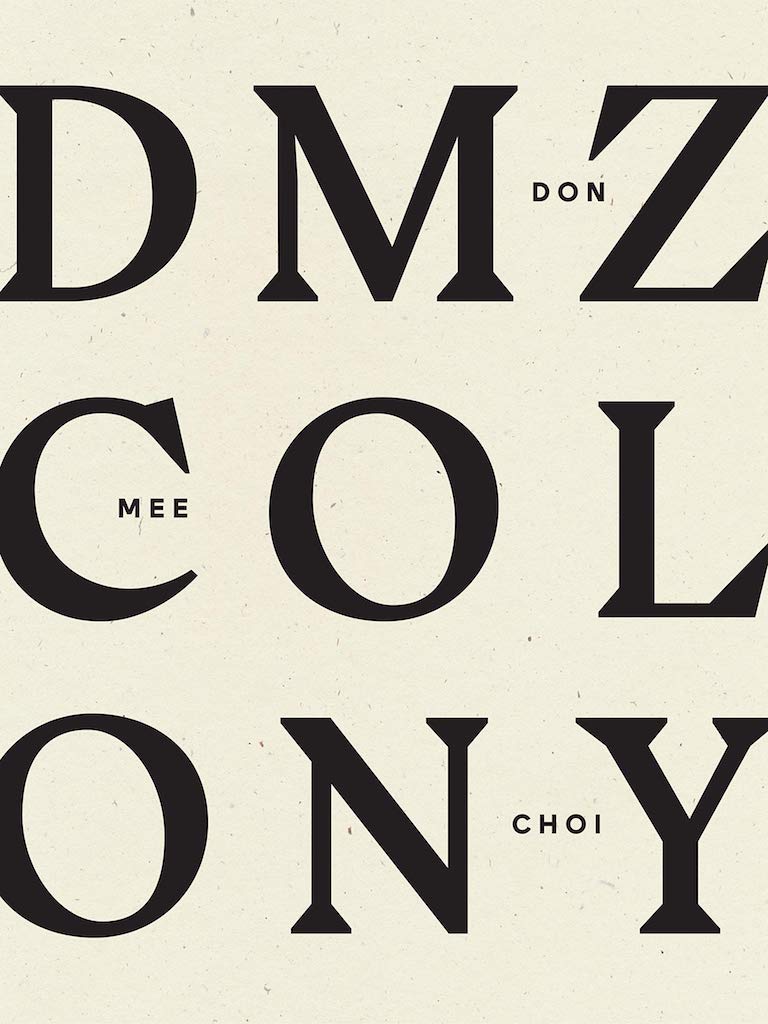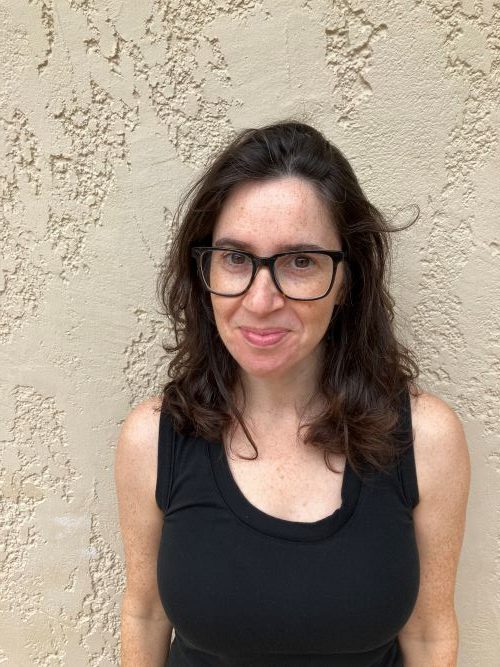“Cruelty and beauty—how do they coexist?” Don Mee Choi asks this question in the middle of her book DMZ Colony. To say that she answers that question is not quite right. What Choi does is harder: she gives us new ways to think it through—she creates a vocabulary, syntax, multiple codes, maps, and sounds so that we can enter specific devastations, see how they weave, like all colonial disaster, backward and forward in time. Yet miraculously, embedded in Choi’s deep inquiry is beauty, the beauty of language transcending our expectations of what can be said and felt within its confines.
“Language of capture, torture, and massacre is difficult to decipher. It’s practically a foreign language. What a nightmare! But as a foreigner myself, I am able to detect the slightest flicker of palpitations and pain. Difficult syntax! It may show up as faint dots and lines, but they’re often blood, snow, and even dandruff. How do I know? Foreigners know.”
In DMZ Colony, we follow the dots and lines, the blood and snow, the calls of birds, the wings of return, back to Korea where Choi was born. As the inheritor of memory’s memories, as a native-born foreigner, as a translator, and as a daughter of neocolony, Choi creates a new kind of space on the page for acts of American-backed genocide in Korea, one of radical inquiry.
The physical space at the center of this book is the Korean Demilitarized Zone (DMZ), the border created after World War II separating the Korean peninsula into North and South Korea. The DMZ exists against its own language—as Choi says, it is “one of the most militarized borders in the world.” In DMZ Colony, Choi, too, turns language against itself, but to deconstruct divisions. By blurring the pretend line between translation and writing, Choi explodes the borders between memory and history and imagination, between the personal and the political, between us and them.
“In reality, we were all angels from DMZ. We too mingled, laughed, and played under the skies of Panmunjom. Listen, angels, we are the orphans who aren’t orphans. We are the obtuse/the third meaning/the passage from language/to insignificance/to eternity/to colony/to colony. Halo to halo, hand to hand, we wave. Hello, angels.”
Here and throughout DMZ Colony, the violence and horror transcribed and translated and reanimated flies out of itself into a linguistic sky where ideology and history and individual humanity are less words with tight borders around them, and more the space we fly through together. Hello, angels.
“I won’t say what they did to me, I’ll leave it up to your imagination,” says Ahn Hak-sŏp, the victim of brutal torture, in DMZ Colony. “I’ll leave it up to your imagination,” Choi says too throughout her book, and each time, we can feel it—how living in DMZ Colony has altered our imagination, expanded it but also made it something more tactile, potent, and winged.




